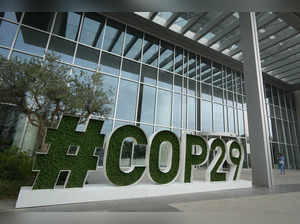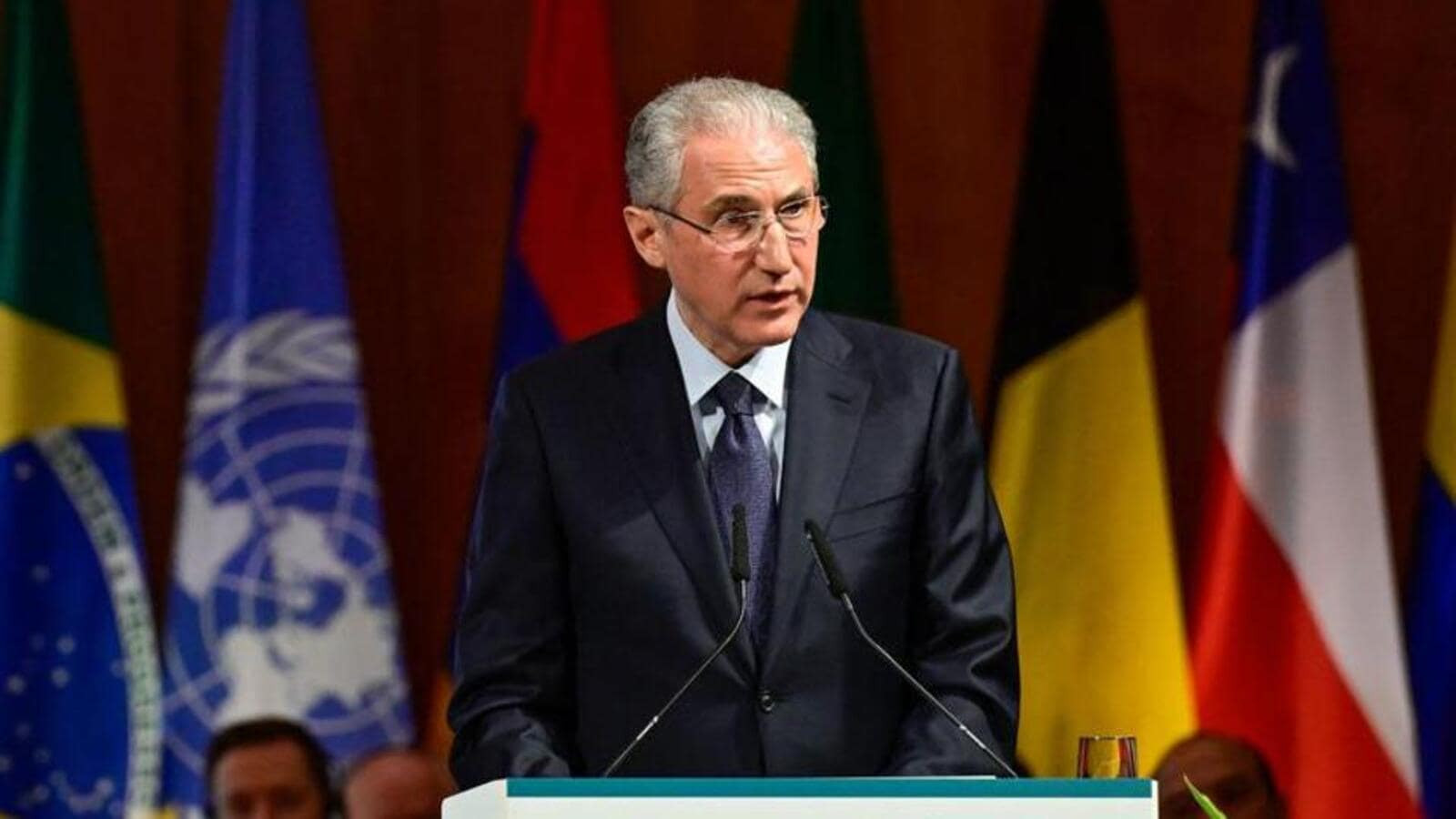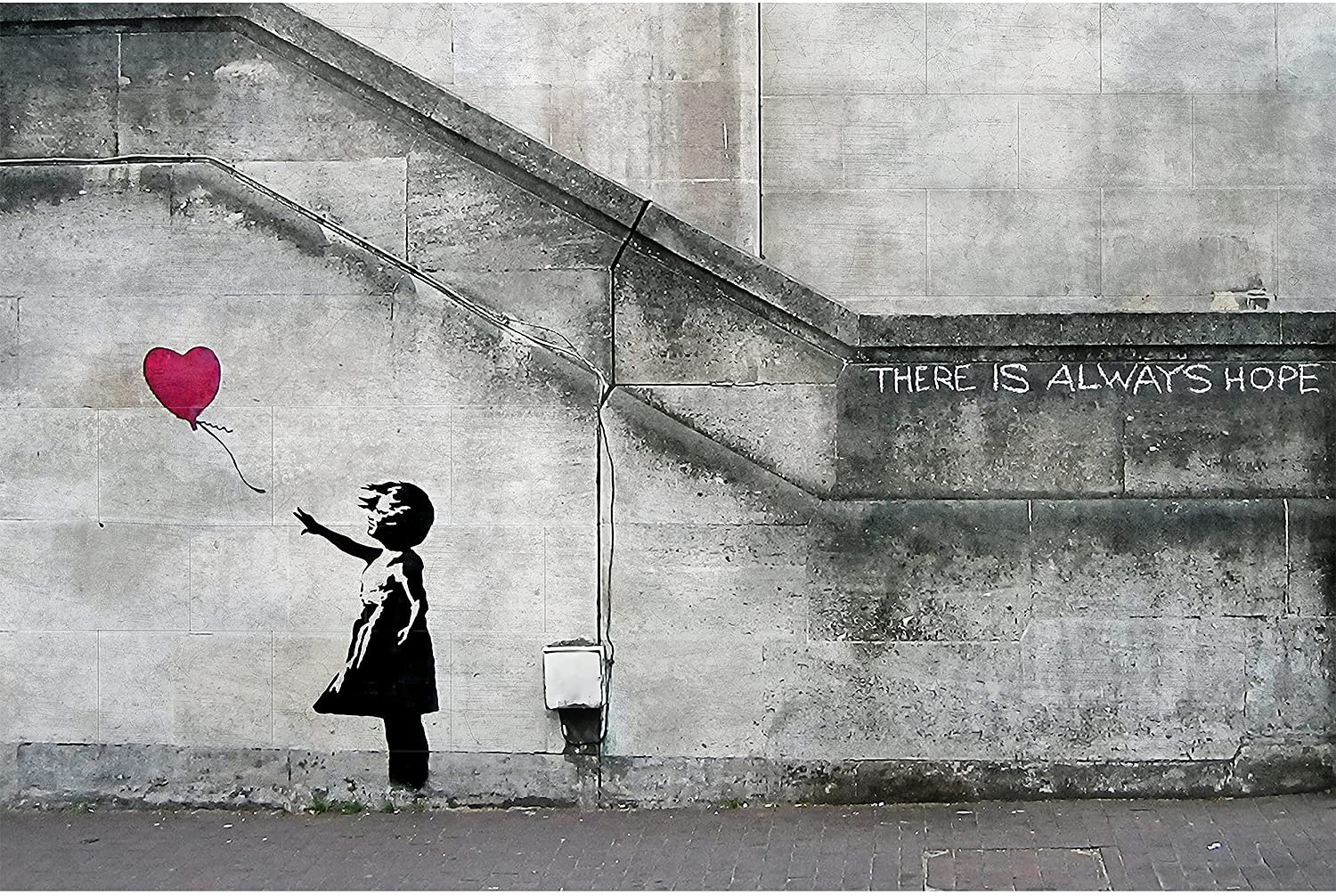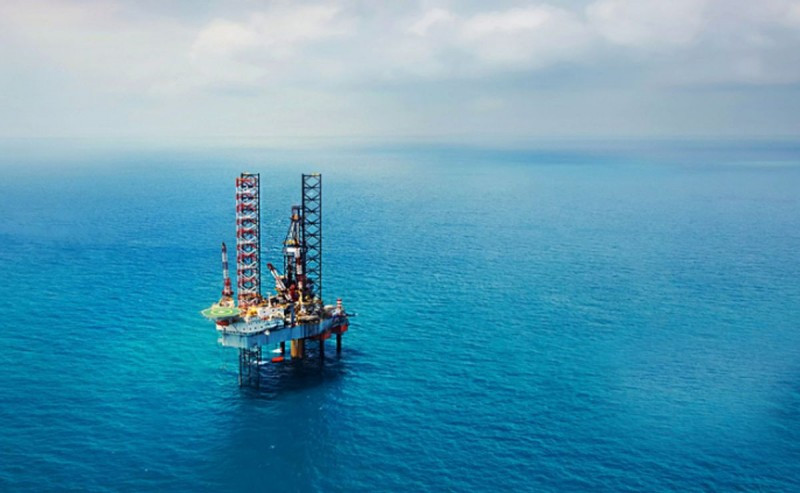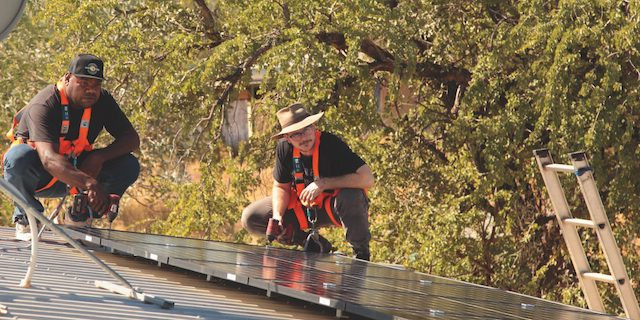COP29 Climate Deal: A Flawed Victory?
The world watched with bated breath as the COP29 climate summit in Baku, Azerbaijan, concluded in the early hours of Sunday morning. After more than two weeks of intense negotiations, marked by bitter divisions and dramatic walkouts, a deal was finally struck. Wealthy nations pledged a combined $300 billion annually by 2035 to aid developing countries in combating the devastating effects of climate change. This figure, while significant, falls far short of the $1.3 trillion that economists deem necessary and has sparked outrage among many developing nations. The journey to this agreement was fraught with challenges, highlighting the deep-seated political and economic divisions that continue to hamper global climate action.
A Hard-Fought Agreement
The agreement, reached after more than 30 hours past the deadline, represents a significant, albeit imperfect, step forward. Mukhtar Babayev, the COP29 president and a veteran of Azerbaijan's state-oil company, declared that doubters had been proven wrong. The $300 billion commitment aims to support vulnerable nations in adapting to extreme weather events and transitioning to cleaner energy sources. Simon Stiell, the head of the United Nations Framework Convention on Climate Change (UNFCCC), described the deal as an “insurance policy for humanity” in the face of worsening climate impacts. This “insurance policy,” however, has not been universally welcomed.
Insufficient Funding
The $300 billion pledge is far from sufficient. Economists estimate that $1.3 trillion is required annually to address the climate crisis adequately, particularly in developing nations that bear the brunt of its consequences while contributing the least to the problem. Many developing countries reacted with fury to the deal, accusing wealthier nations of insufficient ambition and a lack of genuine commitment.
A Chorus of Criticism
India's representative, Chandni Raina, delivered a fiery speech after the agreement's adoption, condemning the $300 billion figure as “abysmally poor” and a “paltry sum.” Raina characterized the deal as “nothing more than an optical illusion,” incapable of addressing the scale of the climate challenge. Similar sentiments echoed through the halls of the conference center. Tina Stege, the Marshall Islands' climate envoy, criticized the summit for showcasing “the very worst of political opportunism,” highlighting the disruptive influence of fossil fuel interests.
The Shadow of Fossil Fuels
The COP29 summit was heavily influenced by fossil fuel interests. Over 1,700 lobbyists from the fossil fuel industry attended, outnumbering many country delegations. This substantial presence contributed to the tensions and divisions that characterized the negotiations. Saudi Arabia, the world's largest oil exporter, actively resisted efforts to include references to oil, coal, and gas in the agreement, further complicating the process and emphasizing the ongoing struggle to reconcile economic interests with climate action.
A Flawed Compromise: Examining the Deal's Shortcomings
While the $300 billion figure represents an increase from the previous $100 billion commitment, many believe it is still insufficient and falls far short of what is actually needed. The deal also lacks specific details on how the funding will be allocated, leaving many concerned about its effectiveness. Developing nations pressed for a larger share of funding and for it to be provided primarily in the form of grants instead of loans; however, wealthy nations deemed higher figures unrealistic given current economic circumstances. The agreement only “encourages” developing countries to make voluntary contributions, placing no obligations on them, thereby limiting the impact of the deal.
A Geopolitical Crossroads
Li Shuo, director of the China Climate Hub, aptly described the agreement as a “flawed compromise” reflecting the complex geopolitical landscape. The outcome is particularly relevant given the recent election of Donald Trump in the United States, whose climate change denial and policies further complicate the process. The deal highlights the tensions between the desires of developing nations for immediate, substantial financial support and the political and economic realities faced by wealthier nations.
A Call to Action
Despite the criticisms, some remain cautiously optimistic. Ani Dasgupta, president and CEO of the World Resources Institute, called the deal “an important down payment toward a safer, more equitable future.” Yet, the voices of those most vulnerable to the effects of climate change, including those representing the small island developing states and least developed countries, remain unheeded.
Despite the concerns, many believe that the COP29 agreement offers some hope in the face of an increasingly urgent climate crisis. The deal emphasizes the crucial need for increased international cooperation and investment to avert catastrophic consequences in the future. The path forward requires renewed and greater commitment from all nations, especially wealthier countries that bear the primary responsibility for historical emissions. There is much work still to do, and the fight for climate justice and a sustainable future continues. The need for stronger climate action is undeniable, and the outcomes of COP29 will continue to be debated and analyzed for years to come.
The Aftermath: A Long Road Ahead
The COP29 summit, held against a backdrop of record-breaking heatwaves, devastating floods, and unprecedented wildfires, served as a stark reminder of the urgency of the climate crisis. The agreement, while imperfect, does provide a foundation for future action. However, the concerns raised by developing countries, climate activists, and experts highlight the significant challenges that remain in the global effort to address this critical issue. The road to a truly sustainable future is long, demanding more impactful action, stronger commitments from wealthier nations, and a focus on solutions that prioritize both climate justice and sustainable economic development. The summit’s outcome underscores the need for a more equitable and effective international framework that ensures all nations, particularly the most vulnerable, share responsibility and reap the benefits of climate action. The future of the planet depends on our collective ability to overcome these challenges and build a more sustainable world for all. The voices of the marginalized must be heard, and action must be taken to truly address the climate crisis before it is too late.




